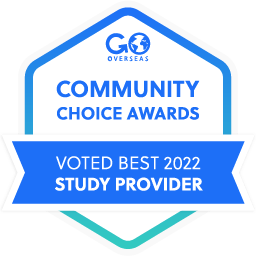The People of CYA – An Interview with Nadia Meliniotis
Nadia Meliniotis is a name well recognized and much admired among CYA students, alumni and staff alike. As Executive Director of Student Affairs and one of the longest-running members of staff, she is a key player in CYA’s operation.
For over 28 years Nadia has been devoted to empowering CYA students to make the most of their study abroad experience, igniting their passion and wonder, and spreading her contagious love of Greece!
After completing the German High School in Athens, Nadia attended Wilkes University in Pennsylvania and earned a B.A. in Political Science and International Relations. She received her Master’s Degree at La Verne University (Athens branch) in Counseling Education/Education–Special Emphasis; this paved the way toward her career at CYA.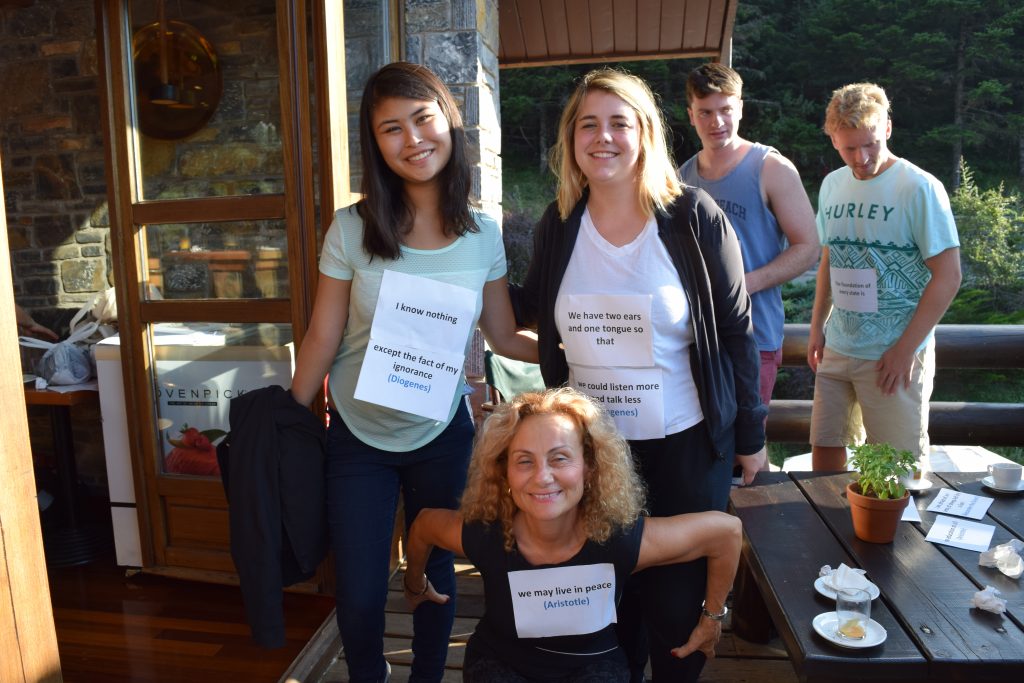
Nadia has two sons, ages 34 and 36 and a 6-year-old grandson. She exercises daily, ran the Athens Classic Marathon in 2003, regularly hikes the Greek mountains (including a hike to the top of Mt. Olympus), and dances Tango Argentino three times a week!
She has attended many conferences and presented at the Forum on Education Abroad’s European Conference (hosted by CYA) in October 2016. She speaks Greek, English and German fluently and is proficient in Italian and French. Nadia also serves as an important role model to students, clearly she “practices what she preaches,” exemplifying a balanced lifestyle, engaging socially, physically and intellectually with her world.
How/why did you choose Student Affairs as your profession?
I did not choose it! Student Affairs chose me! I studied Political Science and International Relations and I always wanted to be a diplomat. When this position came my way, I immediately thought I had a lot to offer, wanted to inject the Greek culture into all the students and make them love Greece as much as I do. Is this part of diplomacy? Maybe!!
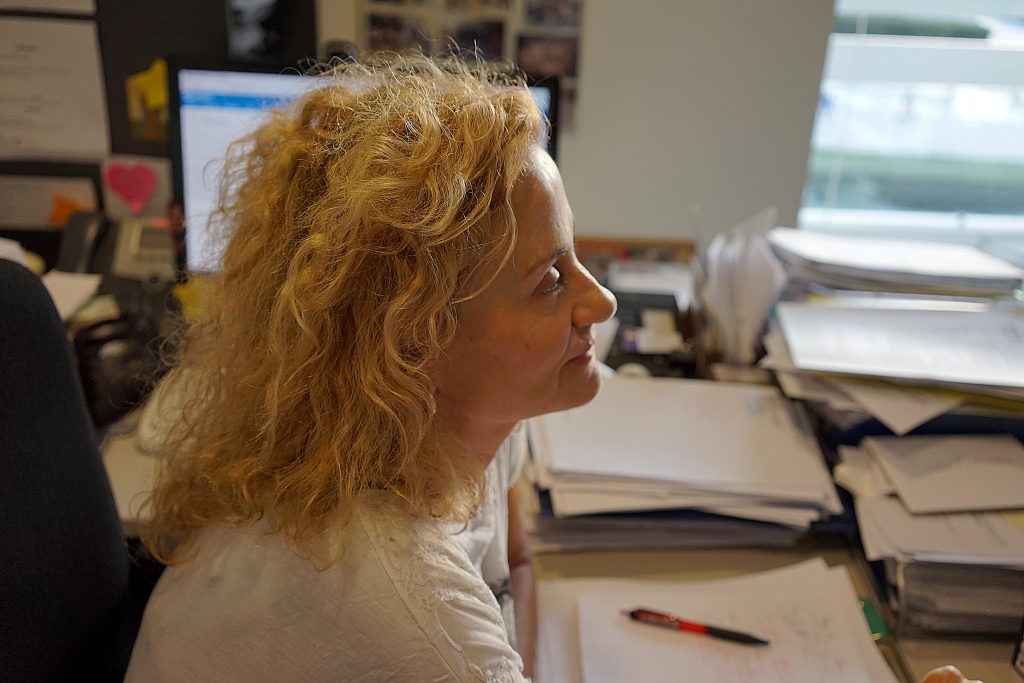 [su_pullquote]I get to know the students inside out, understand their needs, aspirations, and interests but I am also aware of their worries, challenges, goals, and priorities.[/su_pullquote] As Executive Director of Student Affairs, I assist students in overcoming potential obstacles to their learning and experience. To do this, I get to know the students inside out, understand their needs, aspirations, and interests but I am also aware of their worries, challenges, goals, and priorities. I understand their motivations and difficulties— from homesickness to financial concerns to bigger issues such as academic challenges or cultural or emotional struggles.
[su_pullquote]I get to know the students inside out, understand their needs, aspirations, and interests but I am also aware of their worries, challenges, goals, and priorities.[/su_pullquote] As Executive Director of Student Affairs, I assist students in overcoming potential obstacles to their learning and experience. To do this, I get to know the students inside out, understand their needs, aspirations, and interests but I am also aware of their worries, challenges, goals, and priorities. I understand their motivations and difficulties— from homesickness to financial concerns to bigger issues such as academic challenges or cultural or emotional struggles.
How has your role changed over the years?
My job requires patience, interest in cultural differences, respect for others, tolerance for ambiguity, and these values have not changed through the years. Self-awareness, kindness, decisiveness and a non-judgmental attitude are necessary at all times. Personal circumstances, such as physical disability, financial handicap, family distress, medical and psychological problems etc. can affect a student’s learning and lifestyle, and I try to deal with these issues to the best of my abilities.
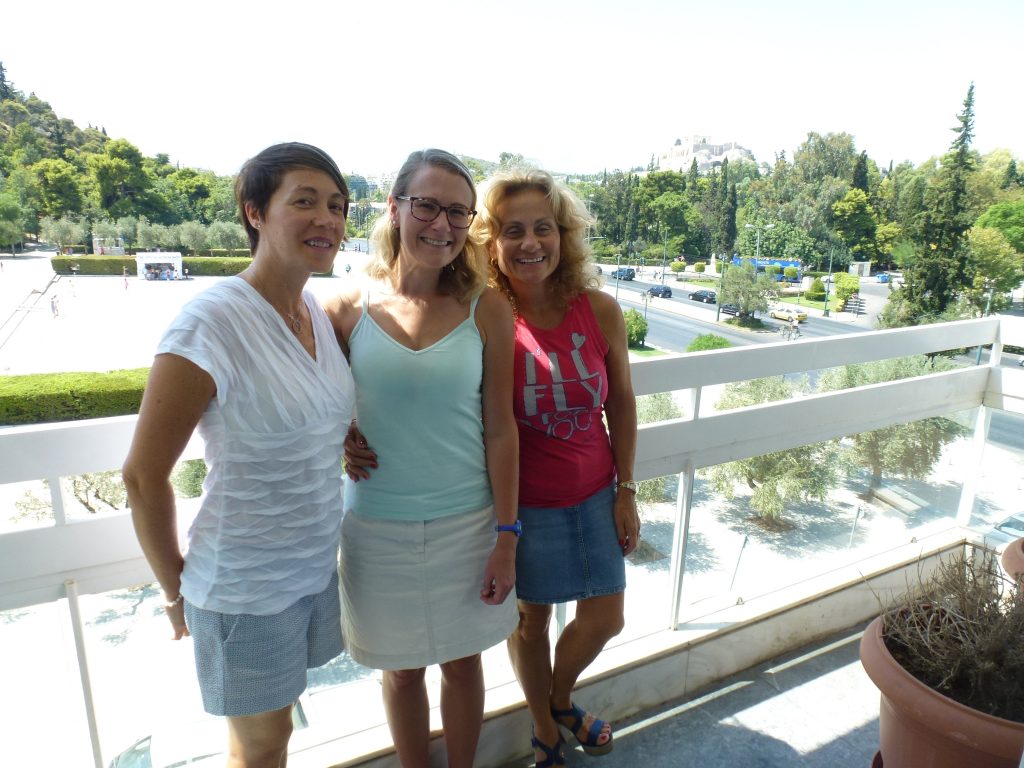
Lesser issues like getting along with peers and roommates, minor psychological issues, loneliness, feelings of inadequacy, difficulty in adapting to the new country— through the years I have dealt with each one of these issues, always with a great deal of love and concern. As a result, I spend a lot of one-on-one time with students. I always have an open door and am available for consultation on any matter.
How have CYA students changed since you started working at CYA in 1989?
They are more involved in social media rather than personal communication and conversation and are aware of global and political issues. However, I wouldn’t say they are more mature.
What pedagogical changes do you see on the horizon in your discipline?
Students must develop their talents more and explore new passions. Their education should go well beyond their coursework. The “Out of the Classroom Experience” should form a vital part of their life in Greece, creating unique opportunities for friendship and learning.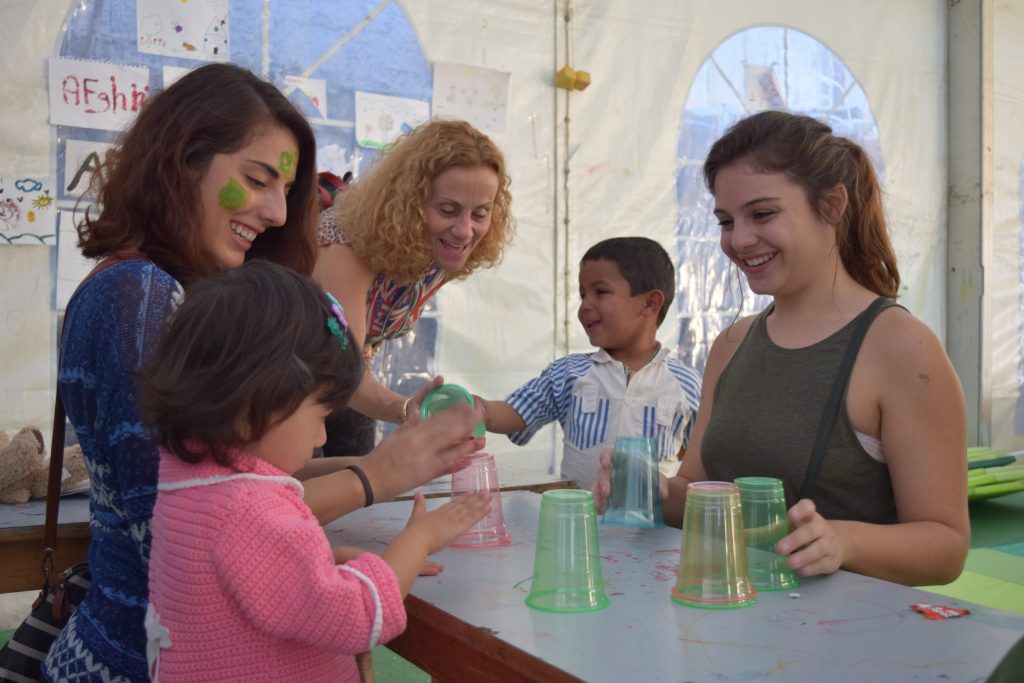
[su_pullquote]The “Out of the Classroom Experience” should form a vital part of their life in Greece, creating unique opportunities for friendship and learning[/su_pullquote]
Their activities should complement their studies. I very much enjoy helping students find extra-curricular activities—my contacts throughout Athens and Greece allow me to find placements for every student.
Engagement is so very important, socially and intellectually— it changes the person and makes the cultural experience that much deeper. Study abroad itself is so important because it helps one understand and celebrate the human differences among people. I don’t force my advice upon students. Part of their experience is learning to take responsibility for their own affairs—that personal growth that one gets when they study overseas, immersed in a different culture.
What is the biggest challenge of your job? The biggest reward?
The biggest challenge is to satisfy the most difficult inquiry a student might have. The biggest reward is when students come back to visit or call and e-mail. Knowing that what I contributed has had a profound effect on their lives is the greatest satisfaction.
Being in touch with students from past years, attending events (such as weddings) hearing their news as they graduate, get a job, get married, have children, send their children to CYA, etc. gives me great pleasure.
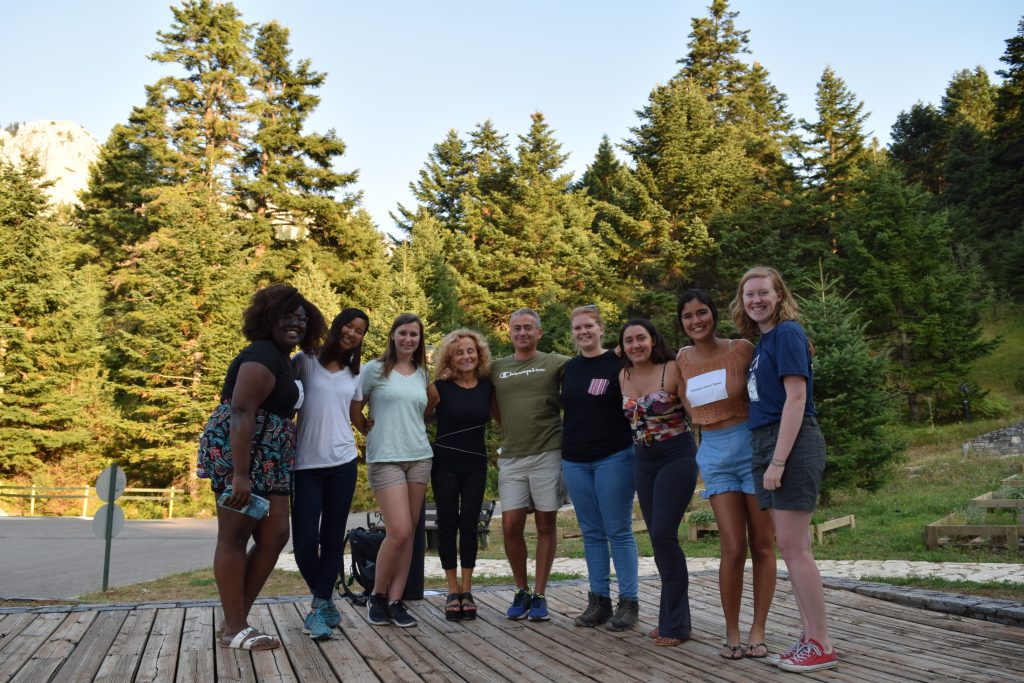
What are one or two of your proudest professional accomplishments?
I always enjoy when students come with problems and not knowing if studying abroad was the right choice for them and by the end of the semester the transformation is phenomenal.
How do you think Study Abroad contributes to a student’s overall education?
I feel that becoming an educated person (outside of the classroom) means learning a lot of facts and mastering techniques of reasoning. But it also means something more. It means learning how to be a human being capable of love and imagination. How to appreciate everything in a foreign country; how to escape from your boundaries and enjoy the new experience.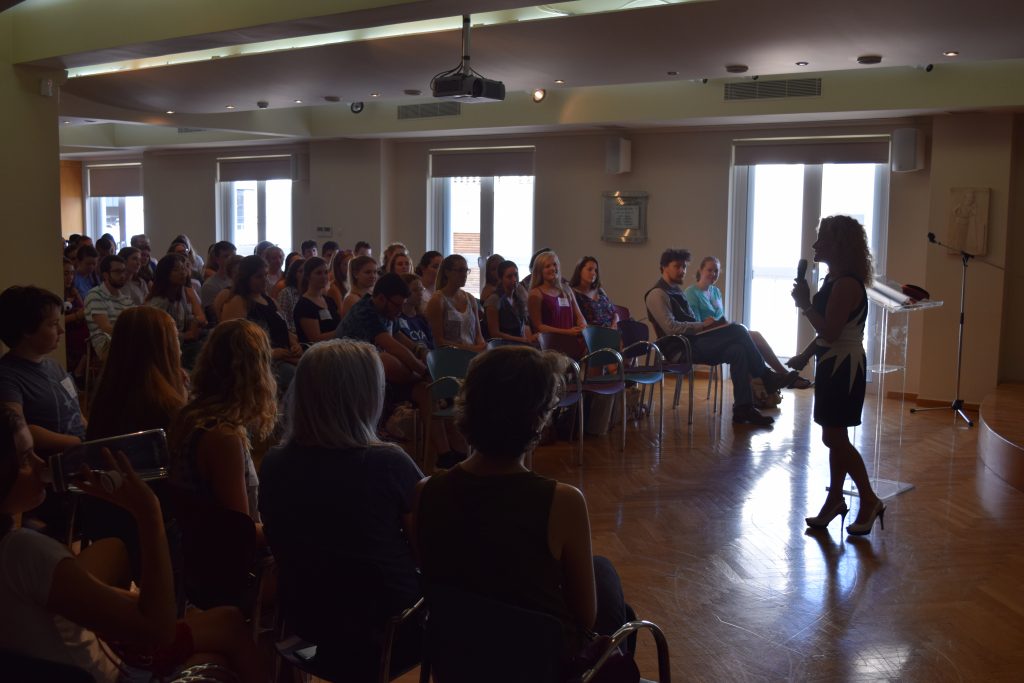
I still meet students who have difficulty understanding people different from themselves, whose imagination rarely ventures beyond their local setting. It is a great challenge for me to have to deal with this kind of student and be able to see the great change at the end of the semester.
What is your #1 best advice you always give CYA students when you meet them at Orientation?
There is no better way to experience a culture than being a part of it. The more engaging the experience, the more students feel that they have learned about another culture. Their experience will not only be a lifelong one but also one of learning of life.




